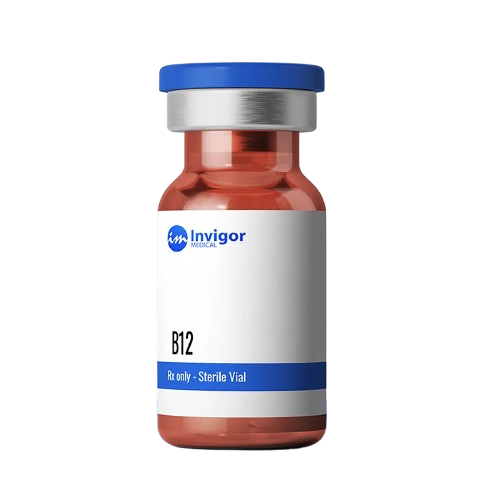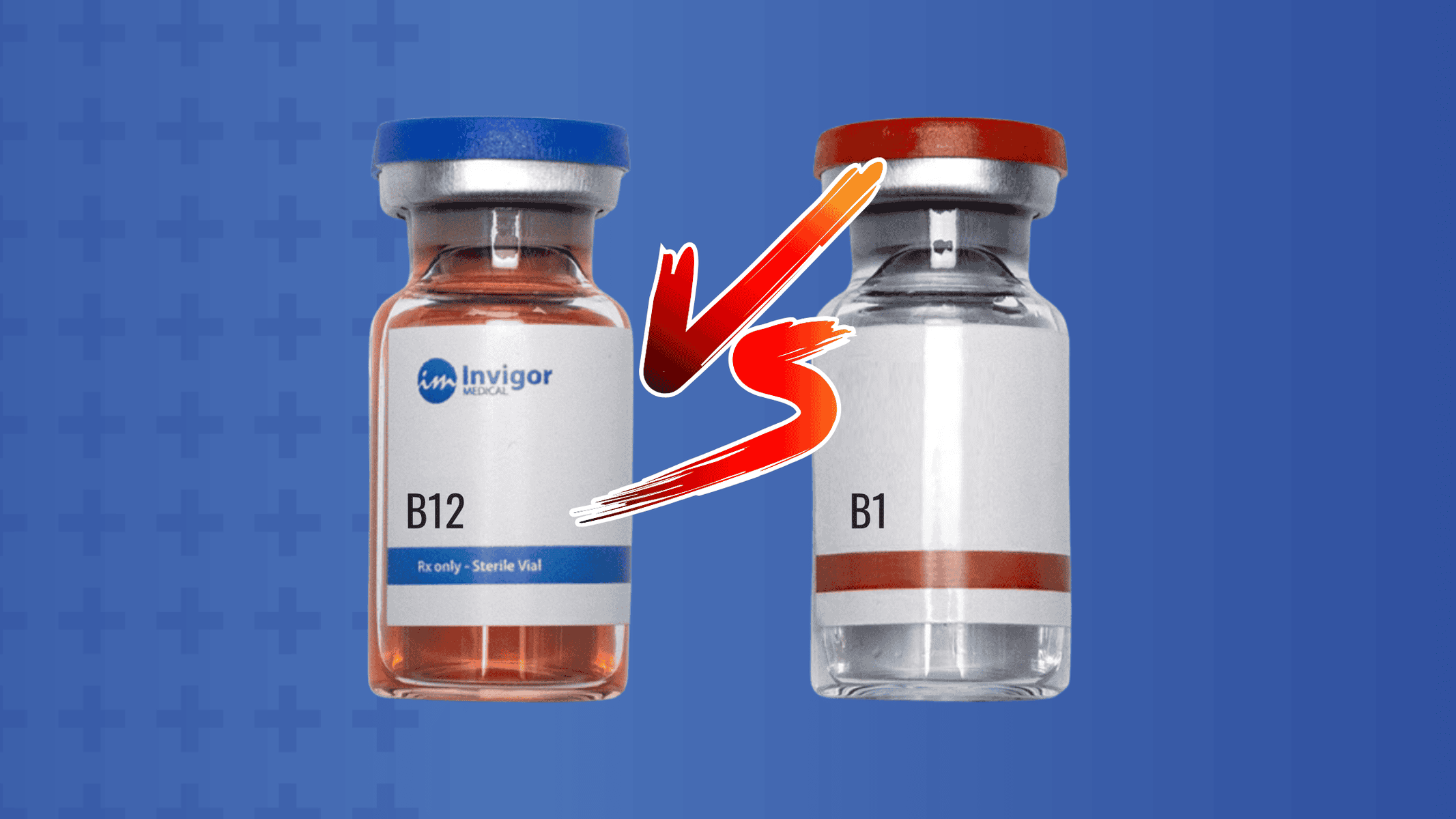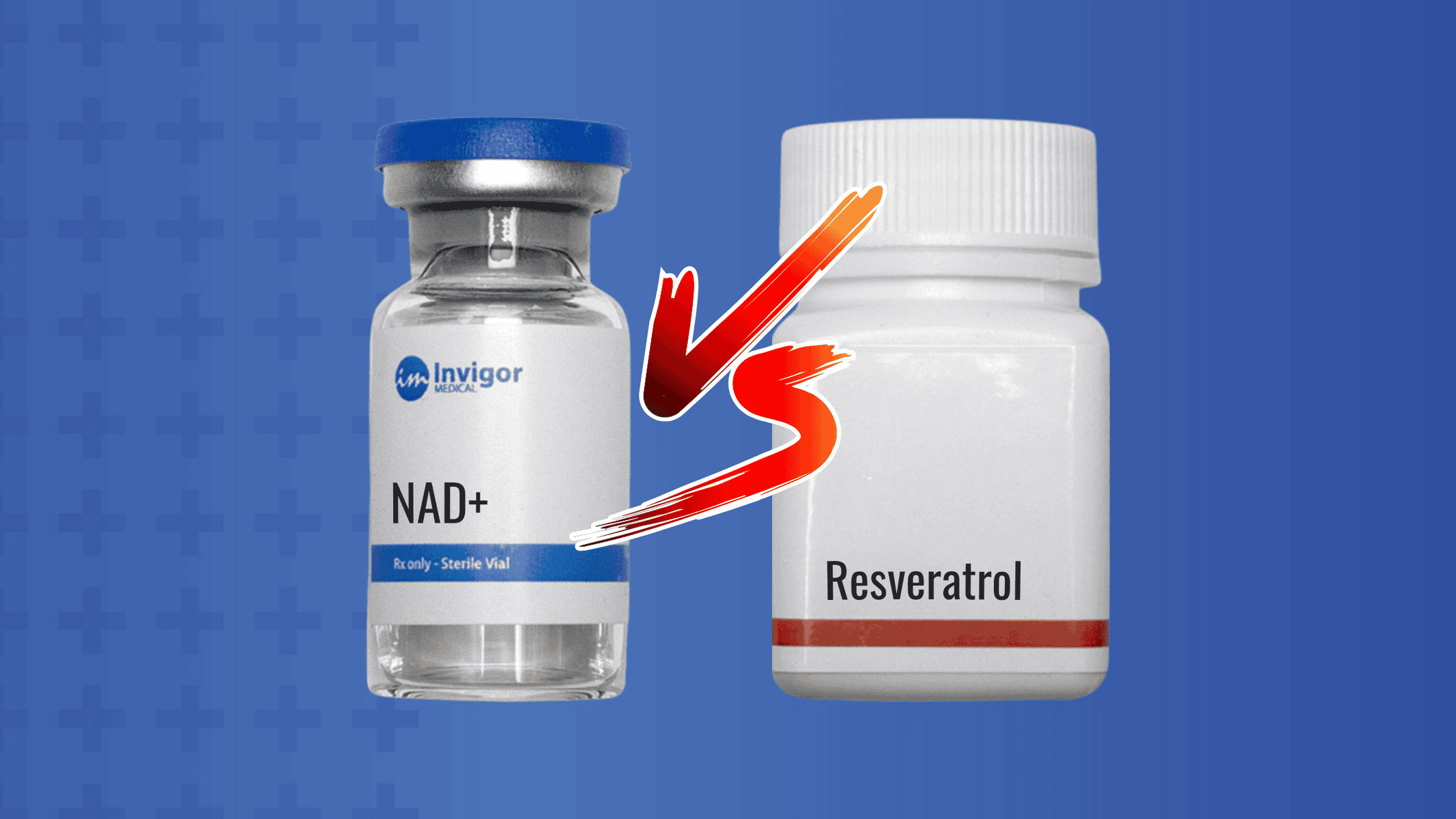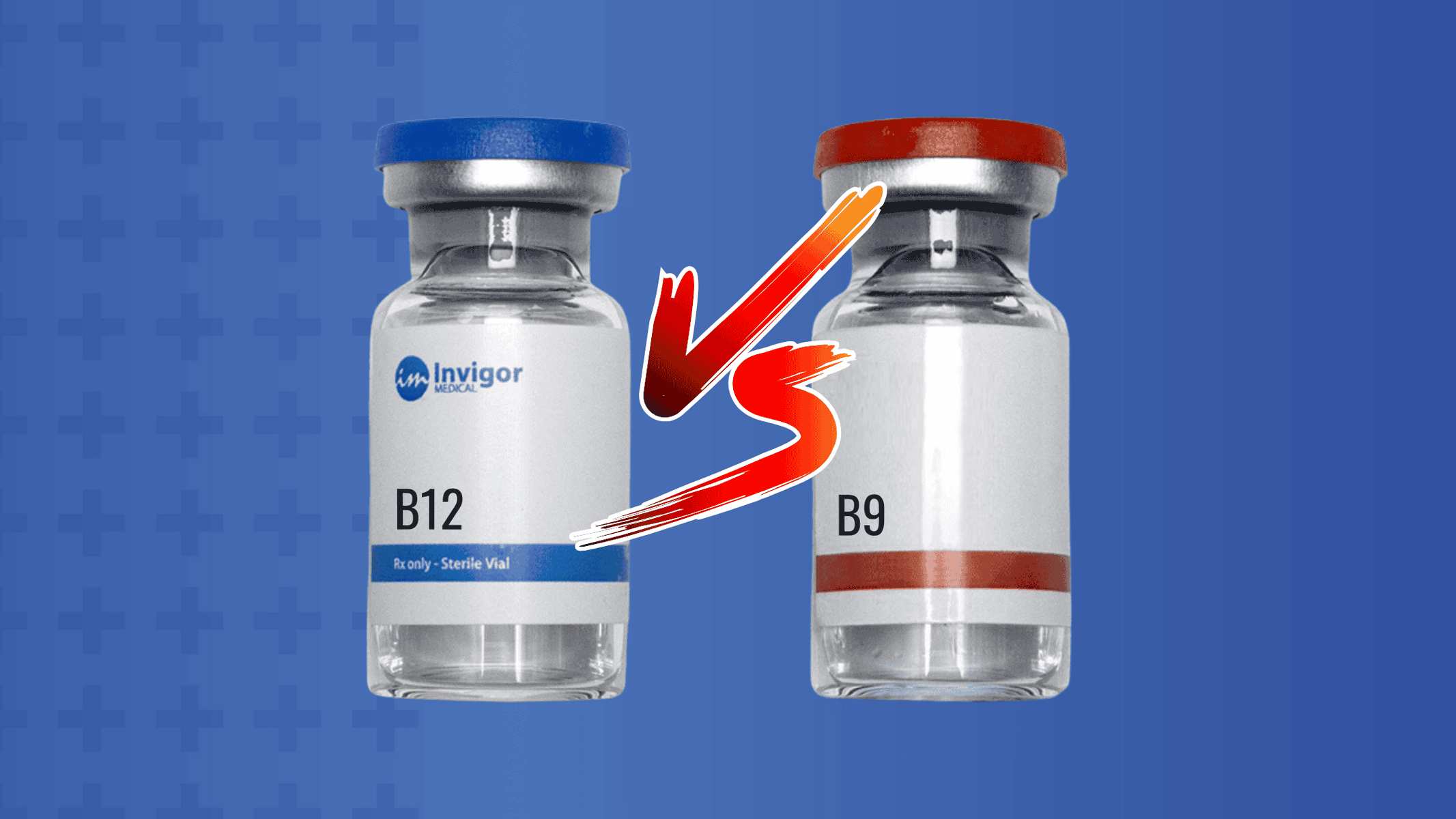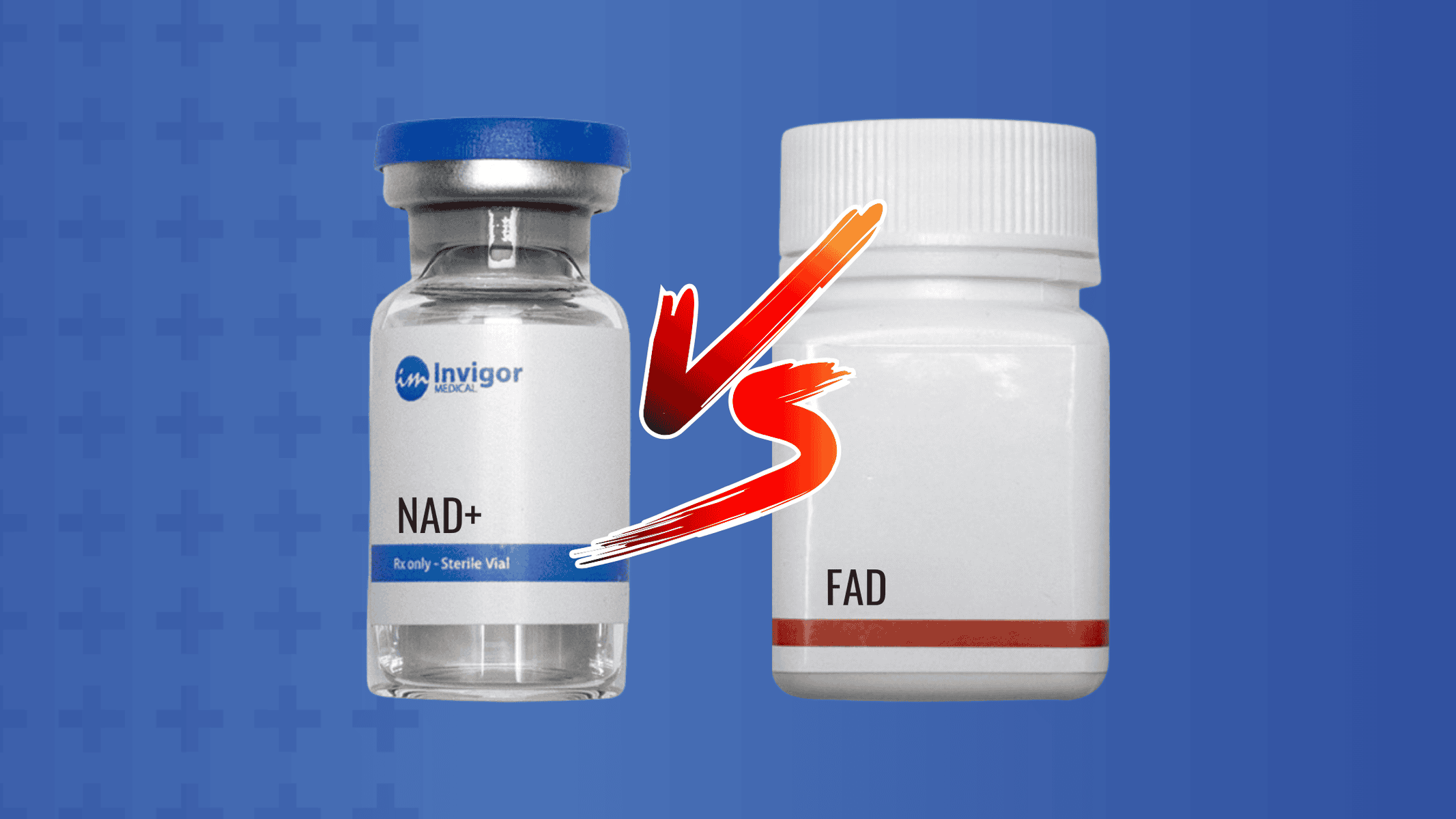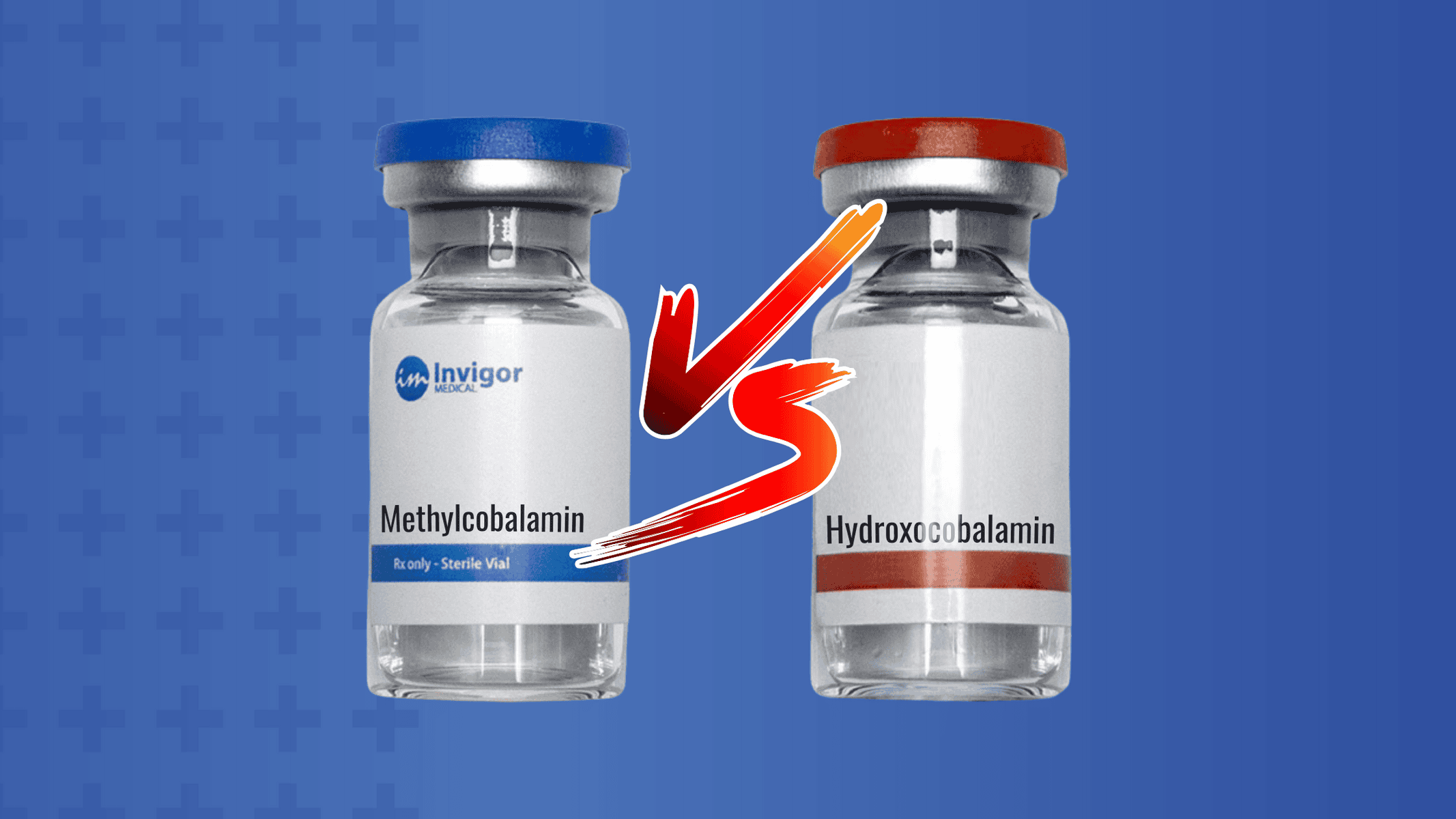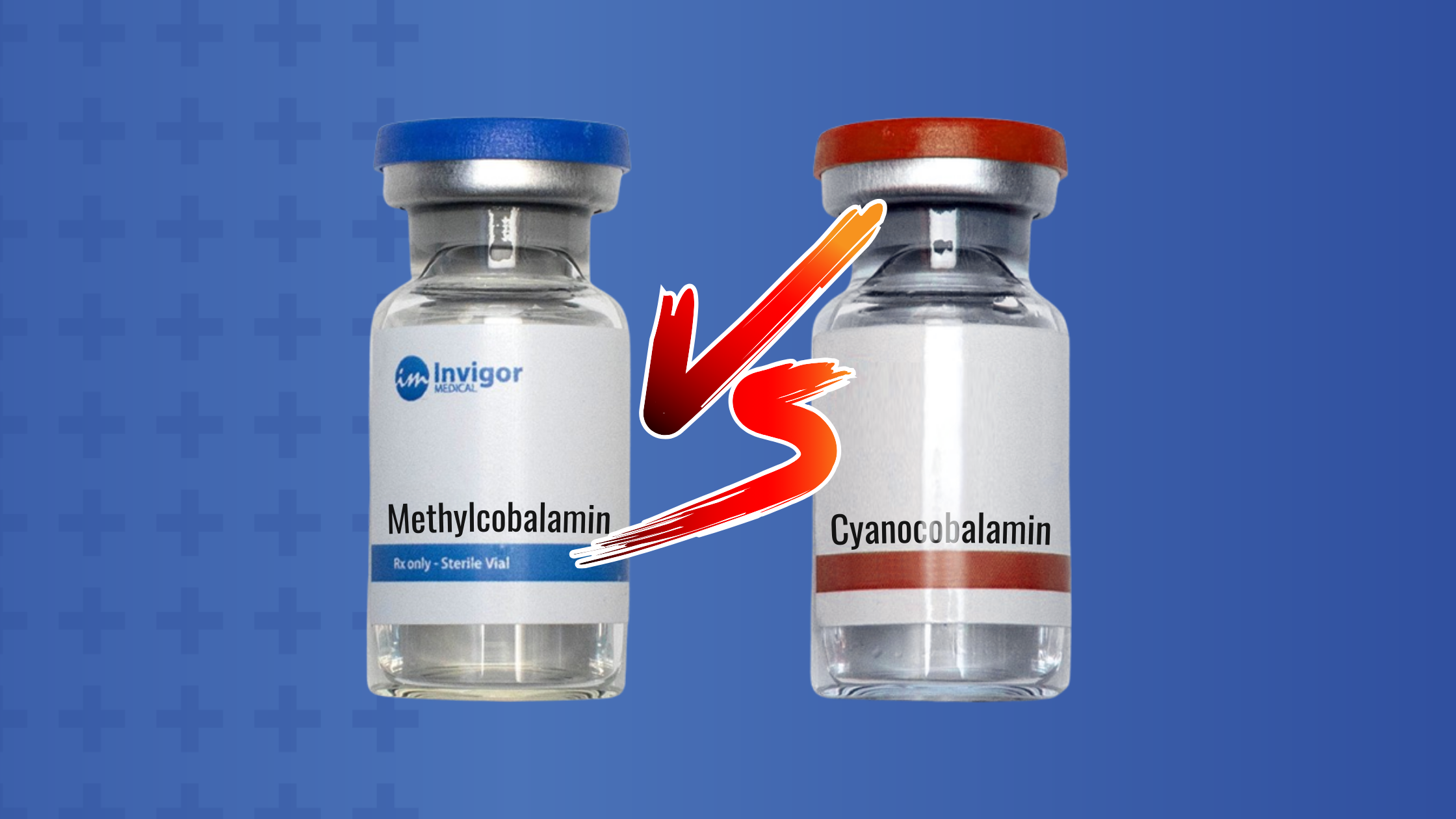The symptoms of fatigue and brain fog, and low energy may indicate a vitamin B12 deficiency. The body needs this essential nutrient to stay healthy and function properly because insufficient levels may lead to various symptoms, including anemia and fatigue and neurological changes, and possibly psychiatric disturbances too.
Table of Contents
What is Vitamin B12?
Vitamin B12, also known as cobalamin, is a water-soluble vitamin that plays several essential roles in the body. It is naturally found in animal-based foods such as Meat (especially liver), Fish and shellfish, Eggs Dairy products. The human body requires B12 as an essential nutrient crucial for the formation of DNA, especially during cell division. It is used to produce energy and maintain healthy red blood cells and proper brain function. Your body requires vitamin B12 (cobalamin) as an essential nutrient because it cannot produce this substance independently so you need to obtain it through food or supplements.
Who is at Risk of Vitamin B12 Deficiency?
Research published in Nature Reviews Disease Primers shows that vitamin B12 deficiency affects a larger number of people than expected, with studies indicating that 2.5% to 26% of the general population shows low or borderline B12 levels, with higher prevalence in low-income countries such as India. Several factors can increase your risk of deficiency. The production of stomach acid decreases in people older than 50, which makes it difficult to absorb B12.
The risk of B12 deficiency is higher among vegans and vegetarians since B12 exists mainly in animal-derived foods. Pregnant women and breastfeeding mothers need higher amounts of B12 and other nutrients because they must support their health and provide essential nutrients to their babies. Some diseases and pathologies can affect B12 absorption, too.
People with Crohn’s disease and celiac disease, along with weight-loss surgery patients, face challenges in absorbing B12 properly. The absorption of B12 can become impaired with certain medications, and patients who take metformin for diabetes management, or patients taking proton pump inhibitors for acid reflux treatment, can develop deficiencies, too.
If left untreated, B12 deficiency can lead to symptoms such as fatigue, brain fog, mood changes, and, in severe cases, irreversible nerve damage. According to the American Academy of Family Physicians, early recognition and supplementation are critical to prevent long-term complications.
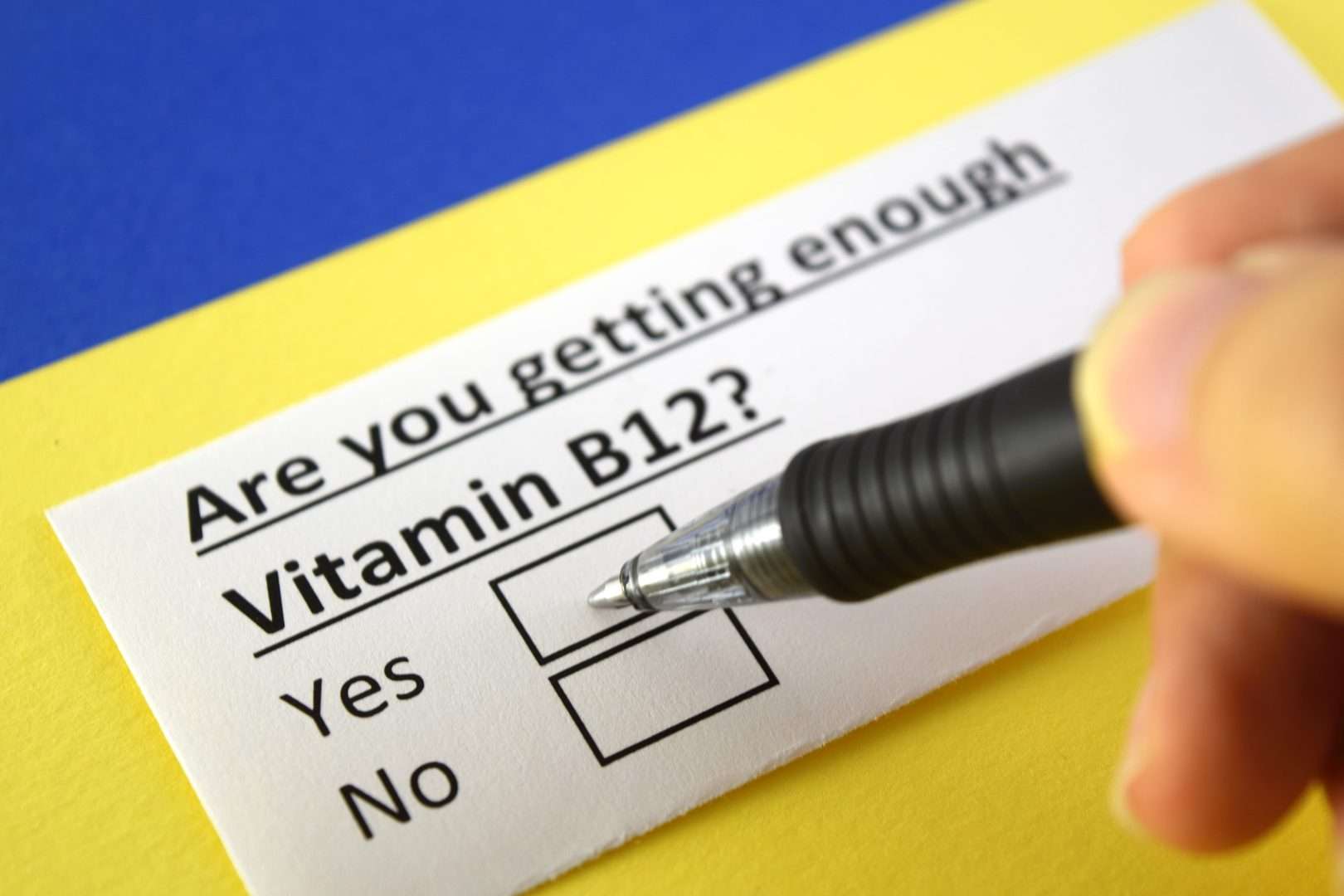
Benefits of Vitamin B12 Supplements
Vitamin B12 supplements are a convenient, easy way to restore normal serum B12 levels and prevent deficiency. The supplements are available in three different forms, which include oral tablets and sublingual drops that dissolve under the tongue and injections for severe cases. The medical community recommends injections for people who have severe deficiencies or need immediate treatment for their symptoms.
The injection method provides fast and efficient treatment for normalizing vitamin B12 levels. Vitamin B12 injections provide a quick and dependable method to address deficiencies, especially for people who have trouble absorbing oral supplements. These injections are typically administered by a healthcare professional and, depending on the severity of the deficiency, may be required weekly at first, then spaced out to monthly or even quarterly maintenance doses.
Populations with low dietary intake, like vegans, vegetarians, the elderly, pregnant women, and those with malabsorption or patients on certain medications like metformin, should pay extra attention to their B12 status and are highly encouraged to consider supplementation. The dietary intake of vegans and vegetarians usually does not provide sufficient amounts of B12 because of the lack of animal products in their diets.
Older adults and pregnant women are also more likely to develop deficiencies, as well as people taking medications like metformin or acid-reducing drugs. Vitamin B12 supplementation is highly effective and provides various health benefits, especially in at-risk groups. Supplementation improves cognitive function in those with deficiency or cognitive impairment, AS B12 is AN essential VITAMIN for neurological health, myelin synthesis, and cognitive function. A 2022 study in ScienceDirect suggests that supplementation may even improve psychiatric disorders or depression in deficient individuals.
B12 supplementation consistently lowers homocysteine, which is a cardiovascular risk marker, and it may prevent cardiovascular complications. Diabetic patients can especially benefit from supplementation, as studies suggest that B12 helps reduce the risk or severity of neuropathy in metformin-treated diabetics. Research published in MDPI Nutrients also shows that B12 can improve mitochondrial function and reduce oxidative stress in cells, while supporting DNA stability, red blood cell formation, tissue repair, and immune function.
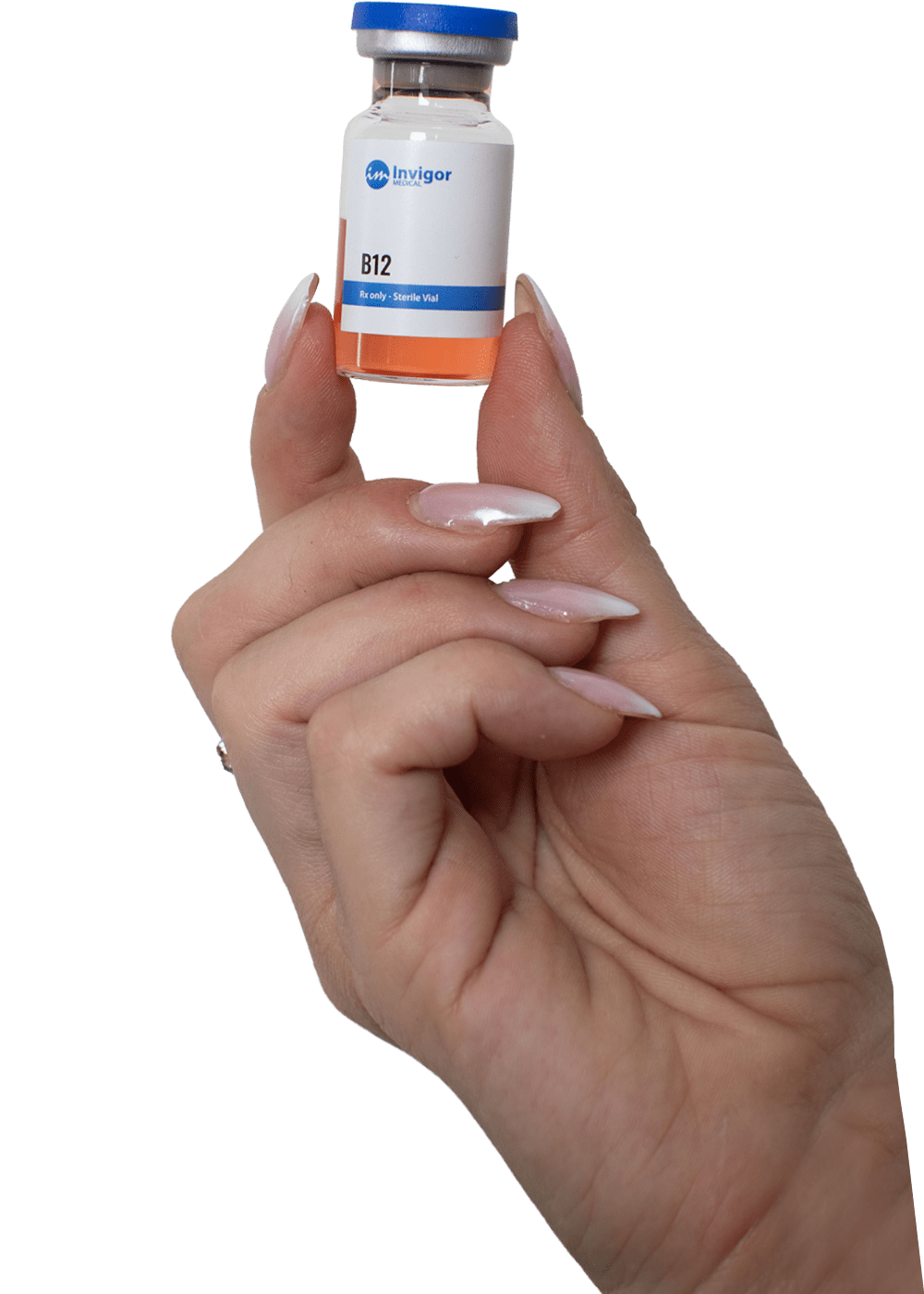
Is Vitamin B12 Safe?
Safety is a key concern, especially for those requiring long-term or high-dose therapy. Vitamin B12 is generally regarded as very safe for daily use. There is no established upper intake limit, and toxicity has not been observed in healthy individuals. High-dose supplementation is generally well tolerated, and adverse effects are rare.
Being a water-soluble vitamin, any excess amounts are typically excreted through urine, which greatly reduces the risk of toxicity. That said, there are a few important considerations to keep in mind. Elevated blood levels of B12 have occasionally been linked to poor health outcomes, but in most cases, this is related to underlying medical conditions rather than supplementation itself.
Another concern is that excessive folic acid intake can mask the signs of a B12 deficiency, allowing nerve-related complications to progress unnoticed. For these reasons, proper testing and accurate diagnosis are essential. Overall, for the majority of individuals, regular B12 supplementation remains a safe, effective way to maintain healthy levels and support long-term well-being.
Should Everyone Take B12 Supplements?
If you’re at risk for vitamin B12 deficiency—or have already been diagnosed with low levels—supplementation is essential for restoring and maintaining optimal health. In many cases, B12 injections offer the most rapid and reliable correction, particularly when absorption is compromised or symptoms are significant.
By delivering the vitamin directly into the bloodstream, injections bypass the digestive system and ensure efficient uptake. However, it’s important to note that if your B12 levels are already within the normal range, additional supplementation is unlikely to provide extra benefits in terms of energy, mood, or cognitive performance.
Key Takeaways
Vitamin B12 is an essential nutrient that plays a critical role in energy production, brain health, and the formation of red blood cells. Certain groups—including older adults, vegans, vegetarians, pregnant women, and those with digestive conditions or on medications such as metformin—are at greater risk of deficiency.
The good news is that supplementation is both safe and effective, with high-dose oral forms often proving just as reliable as injections, even for individuals with absorption challenges. However, for those who maintain adequate levels through a balanced diet, additional supplementation is generally unnecessary.
If you belong to a higher-risk group or experience symptoms like fatigue, brain fog, or tingling, it’s important to test your B12 levels and take action if needed. With the right approach, you can prevent deficiency, protect your long-term health, and maintain optimal energy and cognitive function every day.

